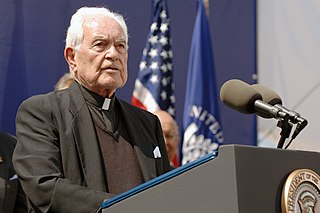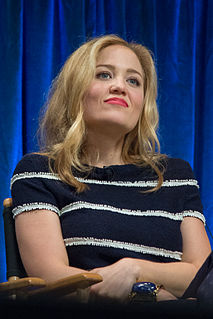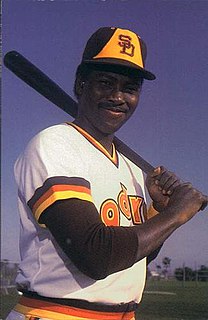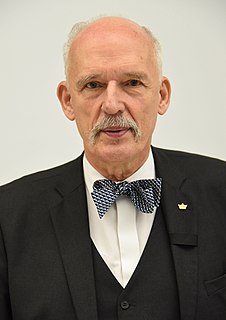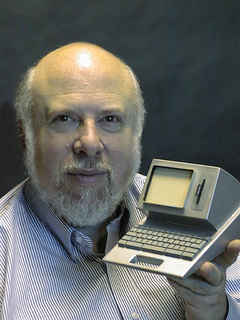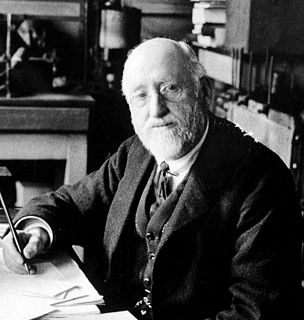A Quote by Nassim Nicholas Taleb
Randomness works well in search sometimes better than humans.
Related Quotes
Once He created the Big Bang... He could have envisioned it going in billions of directions as it evolved, including billions of life-forms and billions of kinds of intelligent beings. As a theologian, I would say that the proposed search for extraterrestrial intelligence (SETI) is also a search of knowing and understanding God through his works - especially those works that most reflect Him. Finding others than ourselves would mean knowing Him better.
Search is now more than a web destination and a few words plugged into a box. Search is a mode, a method of interaction with the physical and virtual worlds. What is Siri but search? What are apps like Yelp or Foursquare, but structured search machines? Search has become embedded into everything and has reached well beyond its web-based roots.
I am confident that we can do better than GUIs because the basic problem with them (and with the Linux and Unix interfaces) is that they ask a human being to do things that we know experimentally humans cannot do well. The question I asked myself is, given everything we know about how the human mind works, could we design a computer and computer software so that we can work with the least confusion and greatest efficiency?
But, as Bacon has well pointed out, truth is more likely to come out of error, if this is clear and definite, than out of confusion, and my experience teaches me that it is better to hold a well-understood and intelligible opinion, even if it should turn out to be wrong, than to be content with a muddle-headed mixture of conflicting views, sometimes miscalled impartiality, and often no better than no opinion at all.

